At the Westhof farm in Schleswig-Holstein, the broccoli harvest is currently in full swing. The season is progressing in a normal fashion, says Martin Wöhlcke from the company's sales department: "We are seeing the normal course of the season unfold. The prices are good, at the level of previous years." Unfortunately, the increased demand of the market can not yet be completely covered due to the limited acreage available. "We hope to be able to get additional cultivation or additional purchasing space for the coming season of 2020." For the remainder of the 2019 season, nothing out of the ordinary is expected at this time.
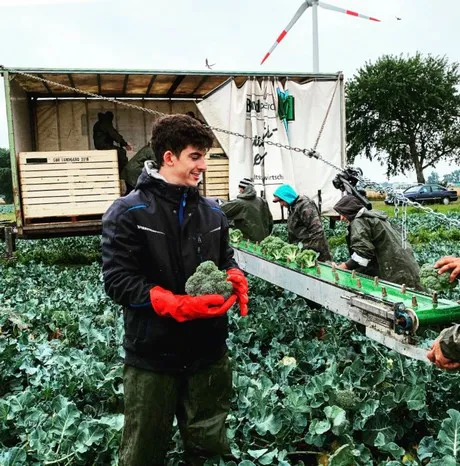
While some areas of Germany had to cope with the heat, the Dithmarschen district saw less extreme weather: "We only had a few days of extreme heat, so we currently see hardly any impact on the vegetables." However, the weather extremes associated with climate change and the increasing occurrence of problematic weather are causing increasing concern at the Westhof. "Although the marshy soils provide us with an advantage over many other sites, due to their comparatively good water retention during periods of drought, the dry year of 2018 has been a major problem for us. Which is why we added a second irrigation system to irrigate our crops." The grower knows from experience that the Westhof is more likely to experience extreme weather conditions such as very wet periods. Even hail can be the cause of great difficulties, as Wöhlcke knows.
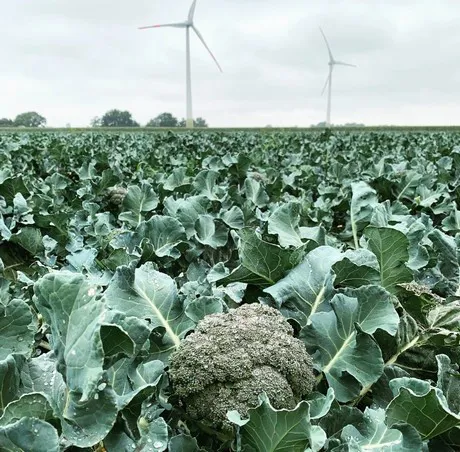
In the current age of superfoods, broccoli has become a favorite among modern consumers. Apart from this, cauliflowers are very much in vogue as well. The proportions of broccoli and cauliflower are consistent, says the company spokesman. 'Exotic' varieties like Romanesco, mini-broccoli or colored cauliflower are still niche products and have not fully landed in the organic sector.
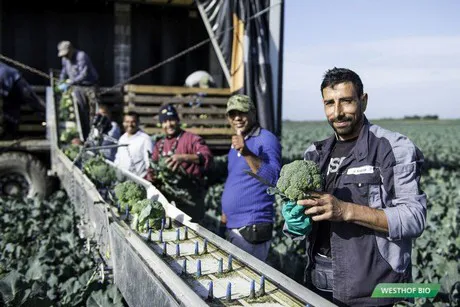
Dithmarschen is well-known for its cabbage cultivation, but the cabbage in particular has been under pressure for years, seeing very low prices: "We only buy cabbages like white cabbage and red cabbage from contract farmers, so the harvest starts somewhat slowly, but demand drops further every year, as consumers prefer processed products."
In addition to the broccoli and cauliflower, other outdoor organic crops are harvested at this time: "Currently, carrots and kale are keeps us busy. In two to three weeks, we expect to be able to harvest the first volumes of sweet corn and beetroots."
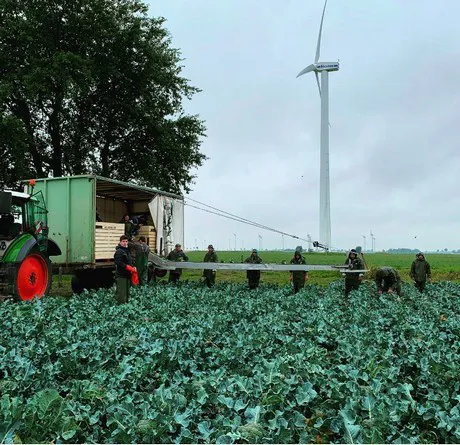
Technical innovations
Another project of the company is the development of an autonomous open field robot. It is programmed to distinguish vegetables from unwanted weeds - and to remove them eight times faster than can be done by hand. The project was started by Managing Director Rainer Carstens, together with the University of Applied Sciences West Coast (FHW) in Heide. While talking about the automated weed killer, he addresses the problem of labor shortages within agriculture: "It is becoming increasingly difficult to find enough hands for the strenuous field work."
For more information:
Martin Wöhlcke
Westhof Bio-Gemüse GmbH & Co. KG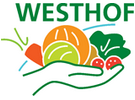
Zum Westhof 6
D-25764 Friedrichsgabekoog
T +49 4839-9535-26
m.woehlcke@westhof-bio.de
www.westhof-biohandel.de
